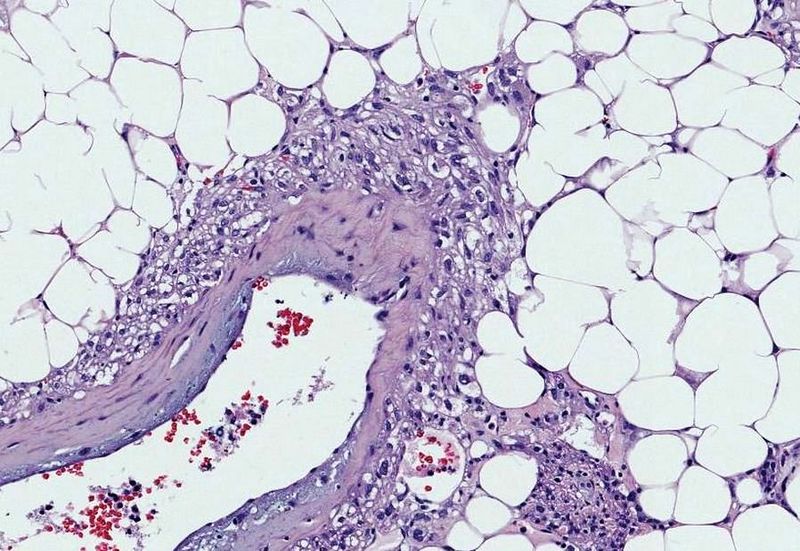Advancements in PEComa Diagnosis and Treatment Through Expert Collaboration

In the realm of oncology, the diagnosis and management of malignant perivascular epithelioid cell tumor (PEComa) have witnessed significant advancements, primarily due to the collaborative efforts of multidisciplinary expert teams. On July 12, 2025, coinciding with Malignant PEComa Awareness Day, Dr. Richard F. Riedel, a distinguished professor of medicine at Duke University School of Medicine, emphasized the critical role of sarcoma specialists in addressing the unique challenges posed by this ultra-rare sarcoma subtype.
PEComa is classified as an ultra-rare tumor, with fewer than one case occurring per one million individuals in the United States, which translates to approximately 350 new cases each year. Dr. Riedel noted that the rarity of PEComa complicates its diagnosis, as it is often misidentified as a more common condition, such as a fibroid or other gynecological malignancies, particularly when it arises in the uterus. He stated, "The diagnosis is often based on presenting symptoms, which can lead to confusion and delay in appropriate treatment."
The importance of specialized diagnostic techniques cannot be overstated. Pathologists with expertise in soft tissue sarcomas play a crucial role in confirming the presence of PEComa through histochemical analysis. According to Dr. Riedel, "Markers such as HMB-45, typically associated with melanoma, are essential for establishing a PEComa diagnosis. Additionally, molecular mutations in the mTOR pathway, specifically in TSC1 and TSC2, provide further confirmation."
Following diagnosis, the treatment approach for PEComa requires careful consideration. Referrals to medical oncologists specializing in sarcomas are vital for staging the disease and determining eligibility for systemic therapies. Dr. Riedel explained, "Staging studies are critical for understanding the extent of the disease and informing treatment decisions. For localized cases, surgical intervention may offer a chance for cure, while metastatic cases necessitate a more palliative approach."
The FDA’s approval of nab-sirolimus (Fyarro) in November 2021 marked a significant milestone in the treatment of PEComa, with clinical trials demonstrating an overall response rate of 39% among treated patients. Dr. Riedel highlighted the importance of mTOR inhibitors, stating, "Given the mutations associated with PEComa, utilizing agents like nab-sirolimus is an attractive option for targeting the underlying disease mechanisms."
The multidisciplinary approach is paramount in enhancing patient outcomes. Dr. Riedel noted, "Collaboration among sarcoma specialists, pathologists, and medical oncologists is essential to ensure timely diagnosis and effective treatment strategies. Community-based providers may not be familiar with the latest treatment options for PEComa, which underscores the need for continued education and partnership."
Reflecting on future directions, Dr. Riedel expressed optimism, stating, "Recent advancements in our understanding of PEComa’s pathogenesis have opened new avenues for therapeutic interventions. It is crucial for patients with suspected cases to be evaluated at specialized centers, typically affiliated with academic institutions, to leverage the expertise necessary for optimal management."
As researchers and clinicians continue to unravel the complexities of PEComa, the collaboration among specialists remains vital for driving progress in diagnosis, treatment, and ultimately, patient care. The advancements made in this ultra-rare malignancy highlight the potential for improved outcomes through targeted therapies and expert alliances, setting a precedent for similar approaches in other rare diseases.
Advertisement
Tags
Advertisement





